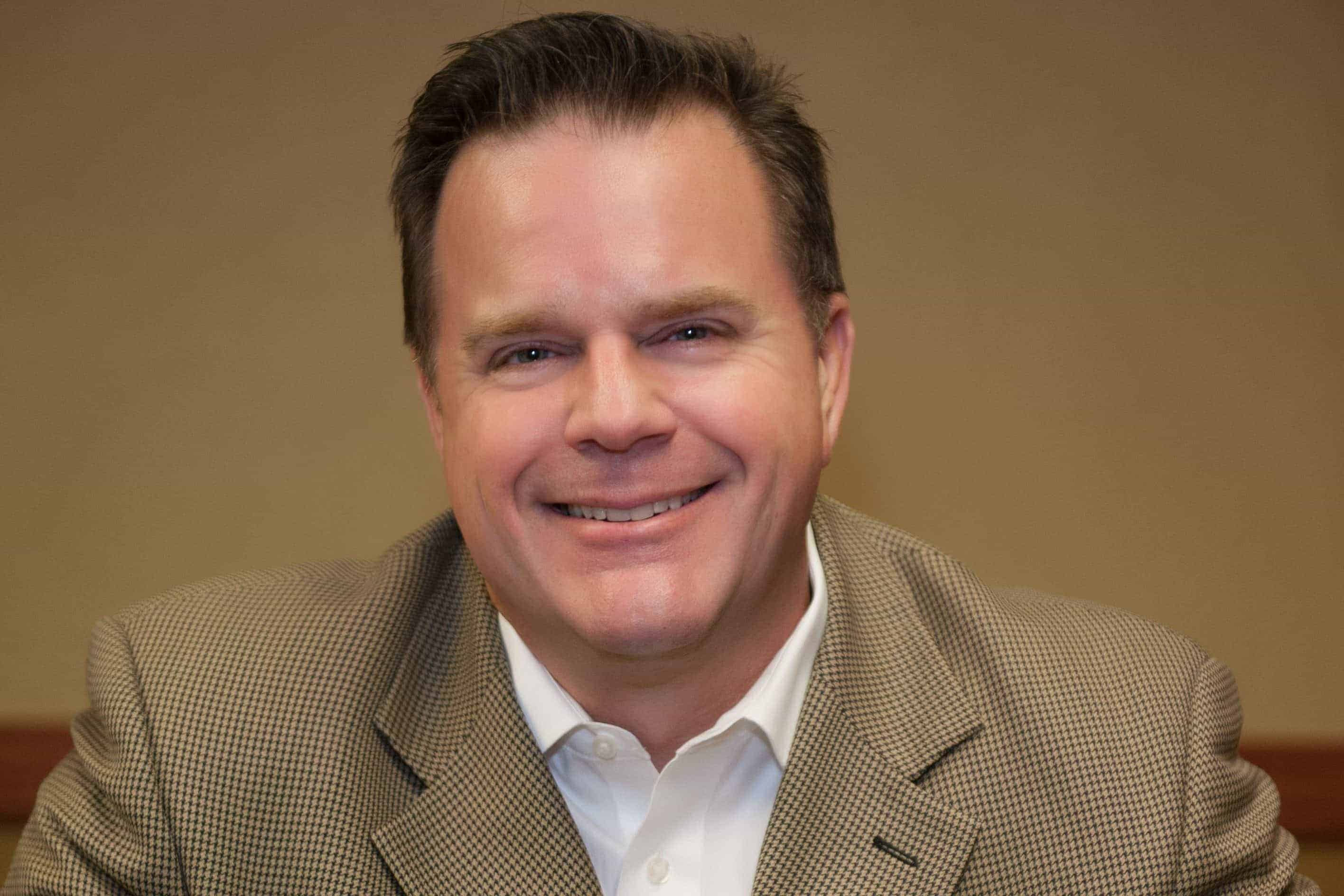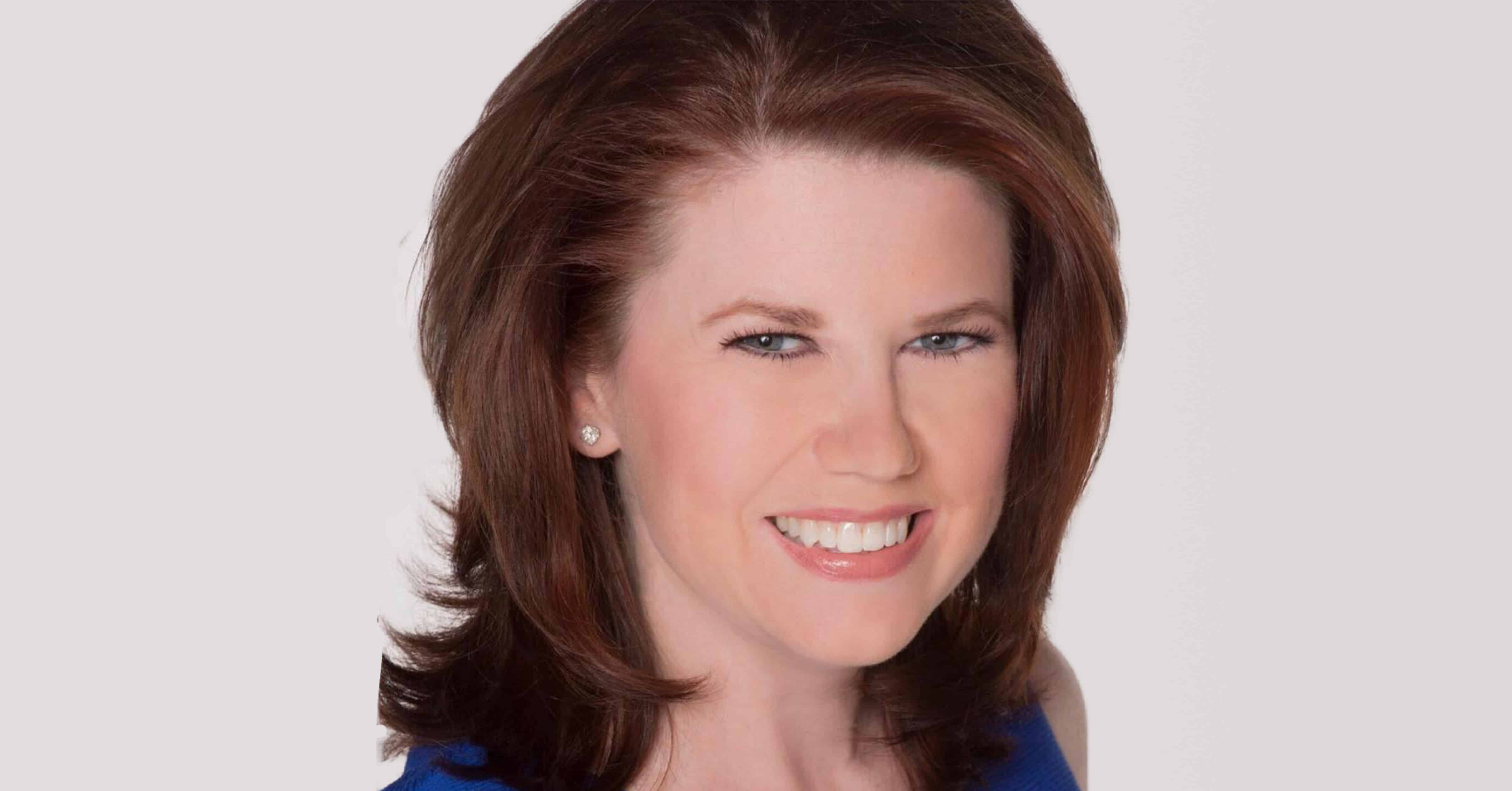What is it in life that is most valuable to each of us, yet we cannot touch it or save it? Time. To provide a value for time ask anyone who has suffered an illness and expired before reaching age 70. Time is the most important commodity in life and many of us utilize it in a very inefficient manner.
How can a person accumulate time? By planning each day to focus on your most important people, projects and places. Let us start with people. One of my favorite hobbies is to travel with my family. We have shared vacations in Europe, Hawaii and other exotic locations that are reflected in my memory as the photos are shared during Christmas in a review of our year.
The excitement your children exhibit when you inform them that you are taking them to Atlantis on vacation is evident on their faces – smiles so big all their teeth are shining through, and eyes squinted so tight they cannot see the camera in front of them! During our stay in the luxurious Atlantis resort, we had an opportunity to snorkel with and feed the cow-nose rays in the hotel’s aquarium. Our daughters thought this sounded fantastic! So, being the dad that I am, concierge was contacted, and the activity planned.
When we arrived at the aquarium, everything was peaceful. Our younger daughter decided to express her displeasure in the cuisine to be fed to the rays but otherwise we were in good spirits. It was not until the feeding process started that I witnessed a reaction that stopped time and empower our daughter with the ability to walk on water. There are only two people in my memory that walked on water – Jesus and Peter in the New Testament. Now, add Gabrielle to the list! To stimulate the person feeding them to drop their food in their water, the rays will bump your leg or thigh with their sandpaper-like nose. It is a gentle nudge and nothing to alarm you (this is what the guide told us).
Gabrielle was doing well until she was the subject of a gang of rays coming at her and bumping all at the same time. This was more than she could contemplate, and she dropped her food bucket in the water. To understand the next few events that took place, imagine if you were dropping steaks into a crocodile pit. The water began to thrash, and great commotion commenced with much noise. When I finally gained my eyesight from the water splashing, I watched our daughter walk across the top of the water as she headed to dry land while screaming at the top of her lungs!
How does this story relate to time? It is a memory that continues to prove that time well spent is time invested in family. The rest of the trip was less chaotic for our daughter, but the family had one of the most wonderful times spent focusing on each other.
One of the best projects one can utilize their time is the act of giving to their community. Find a civic group and offer to assist in a project to gain perspective about life. What you will find is that your life is secure compared to those you may be assisting for the project. One inhospitable summer a heatwave stifled the air in our community to a point of 115 degrees heat index. Some of our fellow citizens were suffering from heat strokes and required hospitalization. Our local Lions Club jumped into action! We raised money and installed cooling fans in the homes that did not have air conditioning. The hugs and words of gratitude from these individuals remain in my memory as one of the humblest moments in my life.
In a commencement address to the graduates of Stanford University, Steve Jobs, the founder of Apple, gave sage advice to those in attendance, “Your time is limited, so do not waste it living someone else’s life. Do not be trapped by dogma – which is living with the result of other people’s thinking. Do not let the noise of others’ opinions drown out your own inner voice. A most important, have the courage to follow your heart and intuition. They somehow already know what you genuinely want to become. Everything else is secondary.”
Time is an irreplaceable asset. Use it wisely and spend it with those that truly bring you happiness. If you want to live a life maximizing your opportunities and memories, consider meeting with a Certified Financial Planner™ professional to create your plan for the future. Whether you are ready or not, the future will arrive.


















